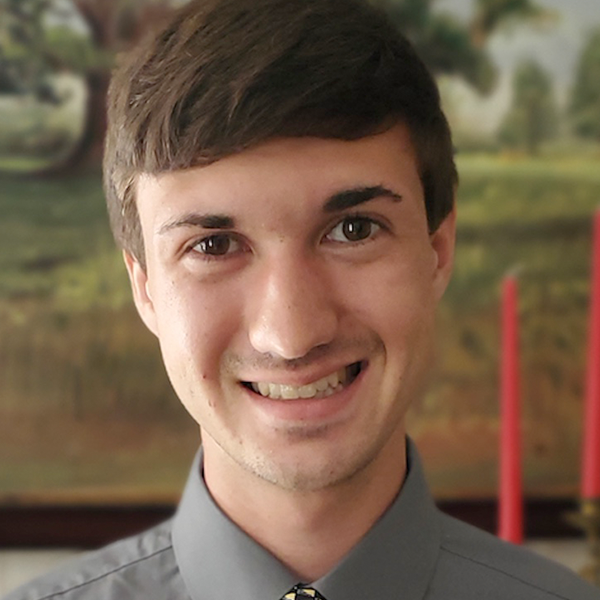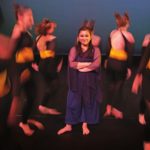
Likes, Lady Gaga, and Loneliness: The Beneficial Impacts of Active Social Media Usage and Para-Social Relationships on FOMO and Loneliness

Name: Noah Crane
Major: Psychology
Minor: Sociology
Advisors: Dr. Evan Wilhelms, Dr. Amy Jo Stavnezer (second reader)
The emergence of social media within the past decade has allowed individuals to be more connected than ever before and receive new information instantaneously. However, social media usage has been shown to negatively impact user’s subjective well-being. The effects of social media on well-being can vary depending on how social media is employed as well as whether or not meaningful relationships in social media are present. This study investigated how the effects of passive versus active social media use and the prevalence of one’s para-social relationships influenced their reported feelings of loneliness and FOMO (fear of missing out), as well as other measures of subjective well-being. A survey was conducted that contained an experimental essay writing section followed by a questionnaire of several measures of social media usage and subjective well-being. Results indicated that active social media use predicted decreased feelings of social media, while passive use and strength of one’s para-social relationships did not impact one’s loneliness. Additionally, participants in the para-social writing condition experienced nominally decreased loneliness compared to the control condition. These findings demonstrate that active social media usage can be beneficial for one’s feelings of loneliness when using social media, and that para-social relationships also have the potential to lead to benefits through other factors. This study suggests that social media has the ability to improve overall well-being when used in an active manner, which is especially crucial during the COVID-19 pandemic where society is relying on online platforms more so than ever before.
Noah will be online to field comments on April 16:
noon-2pm EDT (PST 9-11am, Africa/Europe: early evening) and 4-6 pm EDT (PST 1-3pm, Africa/Europe: late evening)
Posted in I.S. Symposium 2021, Independent Study on April 3, 2021.
Related Posts
Related Areas of Study
Psychology
Do research, work with faculty mentors, and tailor a psychology program to your interests
Major Minor

